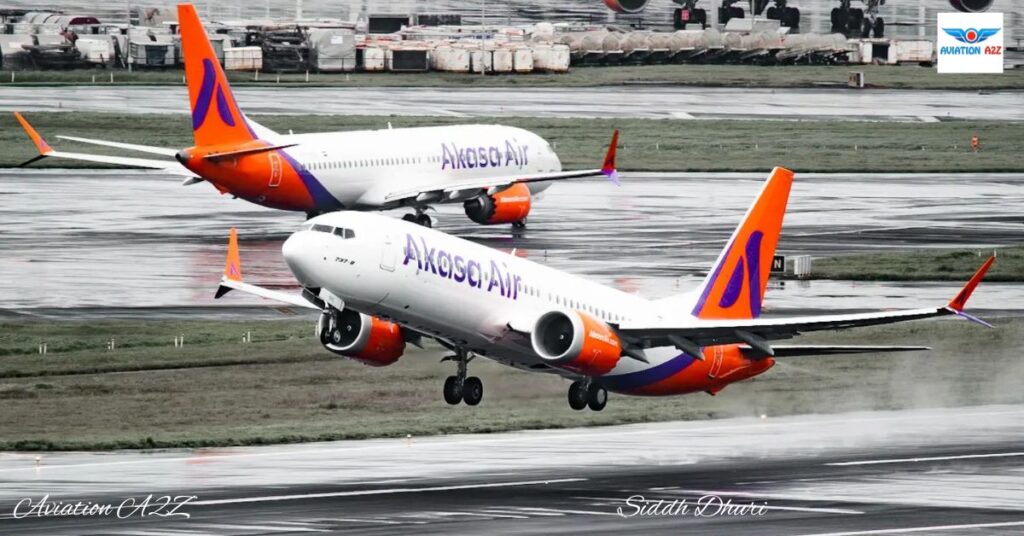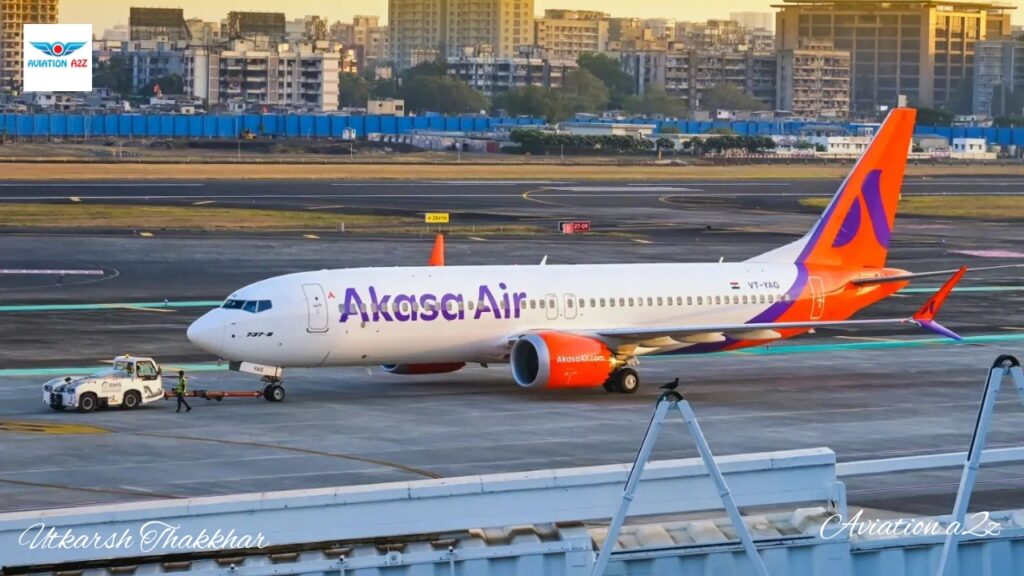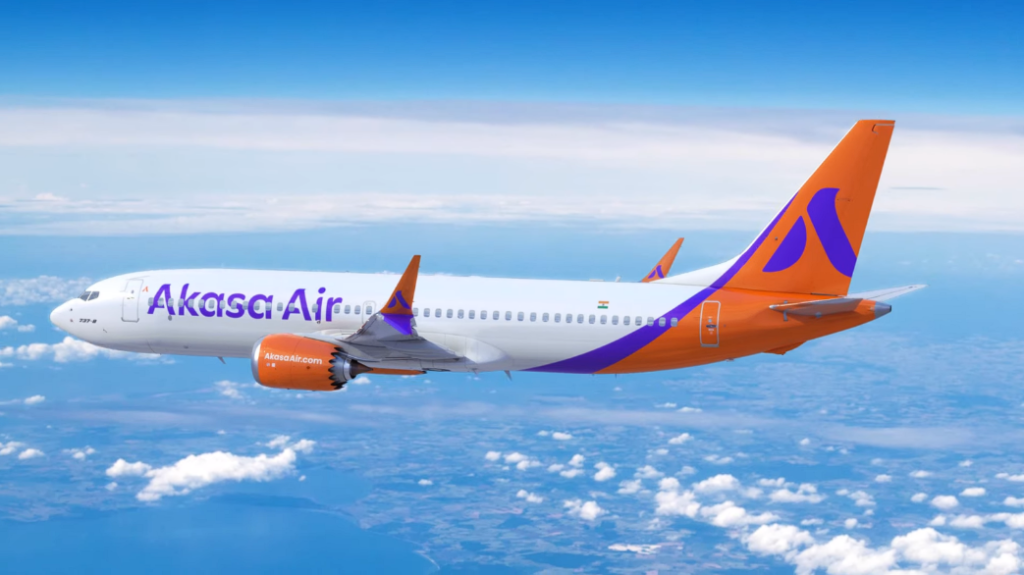MUMBAI- The Bombay High Court has deferred its decision regarding whether it possesses the jurisdiction to adjudicate the case initiated by Akasa Air (QP) against five pilots who recently resigned from the company without fulfilling the required notice period.
These five pilots, who are not Mumbai residents, have raised objections to conducting the suit in Mumbai.

Akasa Air Pilots Lawsuit
Justice SM Modak, a single-judge bench, expects a verdict on this jurisdictional matter on September 27, 2023. Akasa Air had filed a lawsuit seeking ₹21 crores in compensation from each of the five pilots.
The petition was submitted on the grounds that these pilots left the company abruptly, failing to comply with the mandatory 6-month notice period.
The petition sought a court order compelling the pilots to pay ₹18 lakh for violating their contracts and ₹21 crore each for causing damage to the airline’s reputation due to flight cancellations, rescheduling, and grounding.
Additionally, the airline requested an interim order requiring the pilots to fulfill their 6-month notice period.
In response, the pilots argued that the dispute between the parties originated outside Mumbai. Therefore, they contended that the Bombay High Court lacks jurisdiction to hear the case.
Furthermore, they asserted that, according to clause XII of the Original Side Rules of the High Court, the airline must first obtain the court’s permission to proceed with its lawsuit in Mumbai before seeking any other remedies.

Jurisdiction Issues
Senior advocate Janak Dwarkadas, representing Akasa Air, argued that the cause of the dispute stemmed from the pilots’ resignations. He contended that these resignations were also invalid because they did not adhere to the requirements outlined in the agreement clause.
Furthermore, Dwarkadas emphasized that the decision to accept resignations was at the discretion of the company. He pointed out that there was a debate regarding the location where the agreement with the pilots was executed, as Akasa maintained it was in Mumbai, while the pilots claimed it was outside Mumbai.
Dwarkadas requested the court to grant permission to proceed with the lawsuit and then subsequently determine the jurisdiction based on the arguments presented in the suit.
Senior Advocate Darius Khambata, representing one of the pilots, countered that the acceptance of resignations did not require company approval, as pilots were not restricted from resigning.
Khambata argued that if the jurisdiction were determined based on the location of receiving relevant emails, it would place jurisdiction where the pilots received emails regarding the acceptance of their resignations, which was not in Mumbai.
He also contended that considering the leave petition ex-parte (without hearing the other side) should only be done if the allegations in the complaint were considered. However, he argued that the pilots had received notices in this case.
Khambata was joined by Senior Advocate Zal Andhyarujina and a team of advocates representing three pilots. Additionally, advocates from Svarniti Law Offices represented two pilots.
Stay tuned with us. Further, follow us on social media for the latest updates.
Join us on Telegram Group for the Latest Aviation Updates. Subsequently, follow us on Google News.

